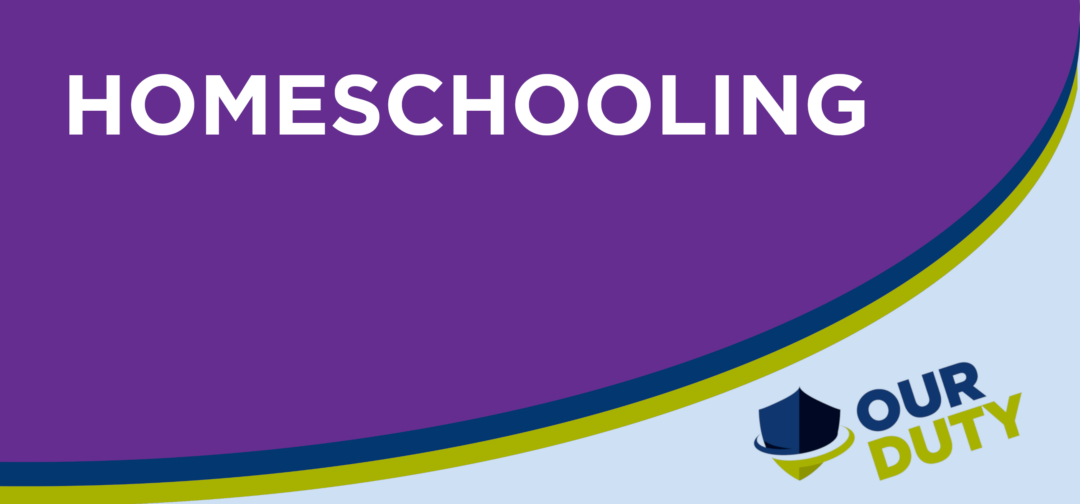Any school that promotes transgenderism as a valid lifestyle is unsafe.
If you consider that your child is susceptible to transgender ideation and that their current school is unsafe, you might wish to consider homeschooling.
You might also wish to homeschool if your child is already expressing thoughts of being transgender and you consider their school to be a likely source of their corruption. If you are determined to help your child reject a harmful transgender identity, then you will wish to replace toxic influences with positive, healthy ones. Homeschooling is one option.
Homeschooling is a flexible and individualized option for educating your children, but it also requires a lot of work and time. You may have many reasons to choose homeschooling, such as providing a customized curriculum, meeting your child’s special needs, avoiding school-related problems, or following your religious or philosophical beliefs. Whatever your motivation, you are not alone. There are millions of homeschoolers around the world, and many resources and support networks to help you along the way.
Here are some of the benefits of homeschooling:
- You can tailor your child’s education to their interests, abilities, and learning style. You can also incorporate hands-on activities, field trips, and real-world experiences to enhance their learning.
- You can work at your own pace and schedule. You can decide when and how long to teach, and when to take holidays or breaks. You can also adjust your approach as you go along, depending on your child’s progress and feedback.
- You can foster a close relationship with your child and spend more quality time together. You can also instill your values and beliefs in your child, and help them develop their character and morals.
- You can avoid some of the negative aspects of school, such as bullying, peer pressure, drugs, violence, or poor quality of teaching. You can also protect your child from exposure to harmful or inappropriate content or influences.
- You can access a variety of online and offline resources and materials to support your child’s learning. You can also join local, national, or international homeschooling communities and groups to share ideas, experiences, and advice.
If you are interested in homeschooling, you will need to follow the legal requirements and regulations of your country or state. You will also need to find a suitable curriculum and method for your child, and keep records of their learning progress and achievements. You will also need to provide opportunities for your child to socialize and interact with other children and adults, both in and out of the homeschooling context.
To help you get started, here are some useful links to resources in USA, UK, Australia, and Canada:
- USA: Homeschooling in the USA – The Ultimate Guide – This guide covers homeschool registration, homeschooling facts and figures, socialization and homeschool support groups, and answers all the questions you need to know to help you get started homeschooling in the USA.
- UK: UK Homeschooling Resources 2023 – This page provides information about how to educate at home, free resources for home educators in the UK for KS1, KS2, KS3 and KS4, GCSEs, iGCSEs and A-Level study at home, as well as how to organise the home school day and the legal aspects of home education.
- Australia: Homeschooling in Australia – The Ultimate Guide – This guide covers homeschool registration in Australia, homeschooling facts and figures, socialisation and homeschool support groups, and answers all the questions you need to know to help you get started homeschooling in Australia.
- Canada: Homeschooling Canada: Education & Homeschool Curriculum – This site offers educational curriculum and resources for parents, home educators, and schools across Canada. It also provides news, ideas, encouragement, sales, and resources to help your homeschooling journey.

